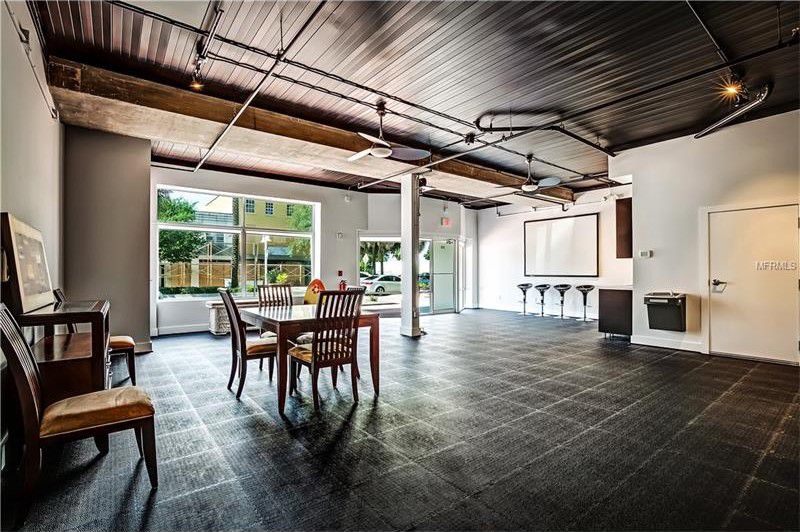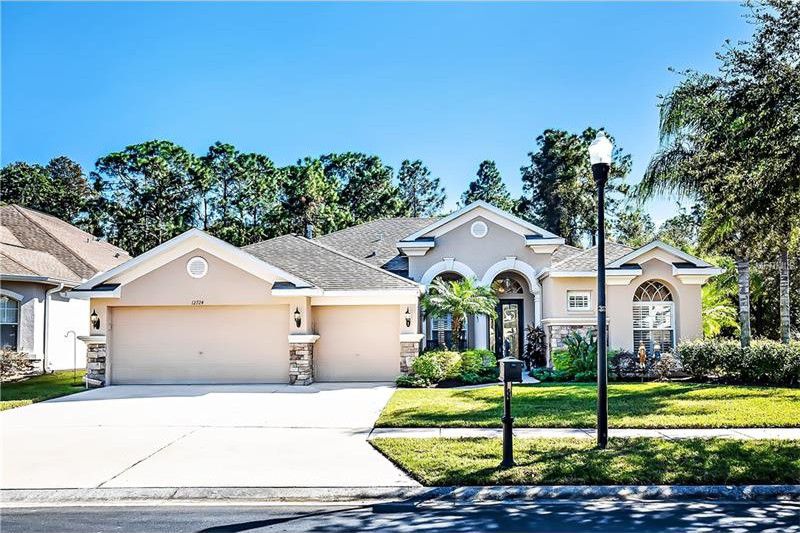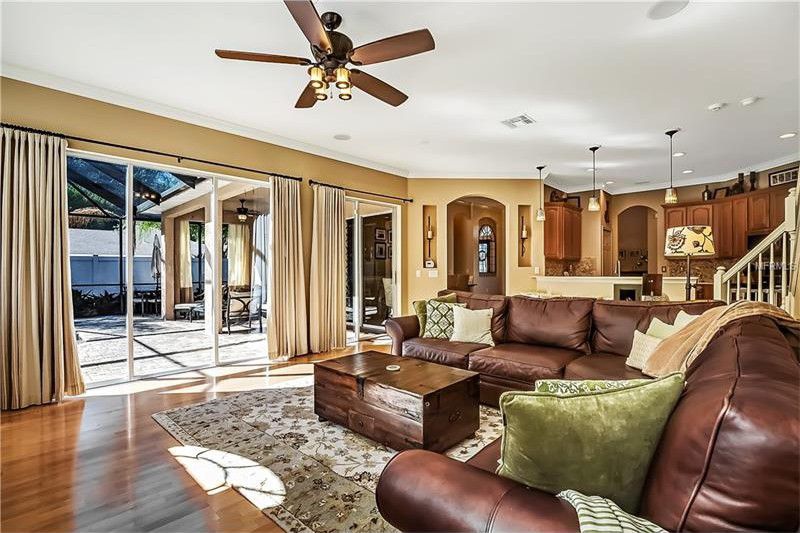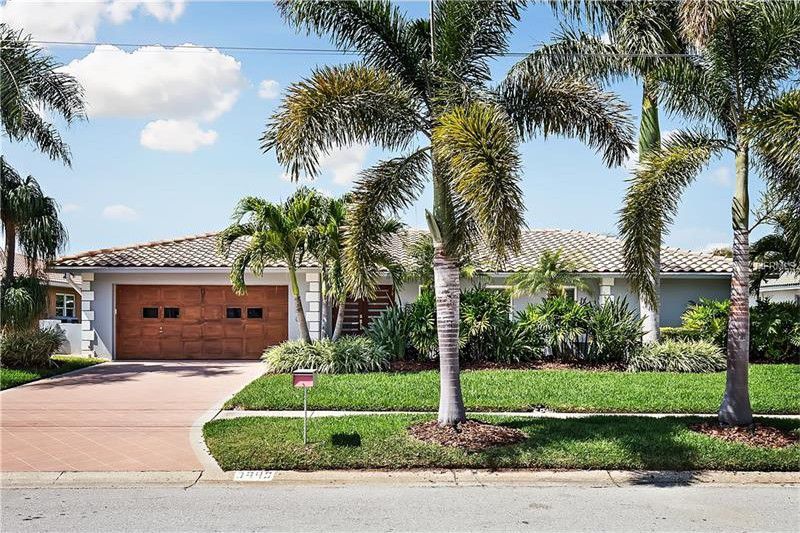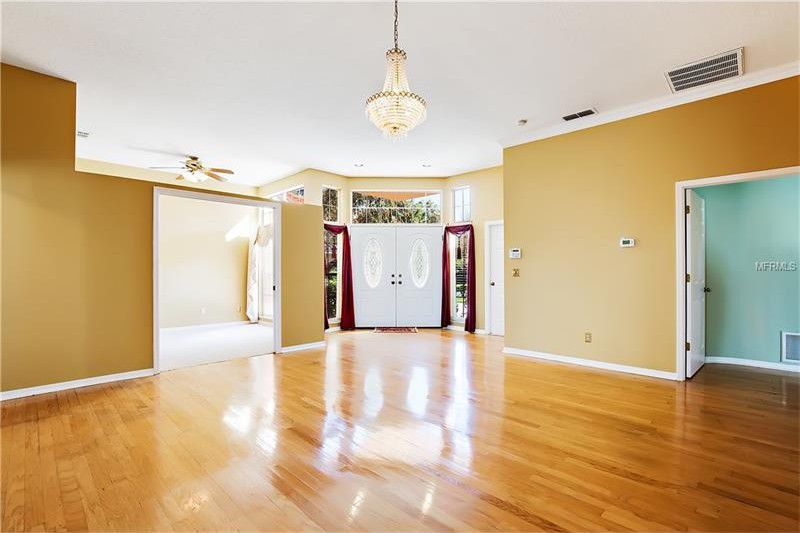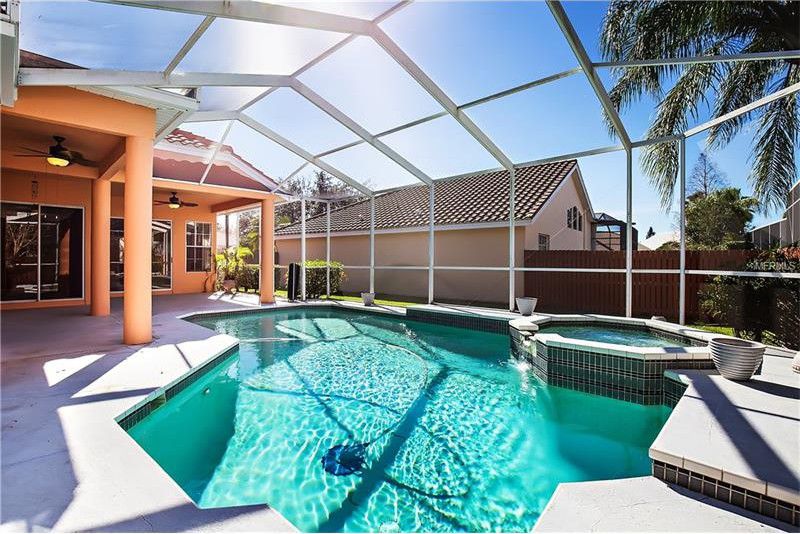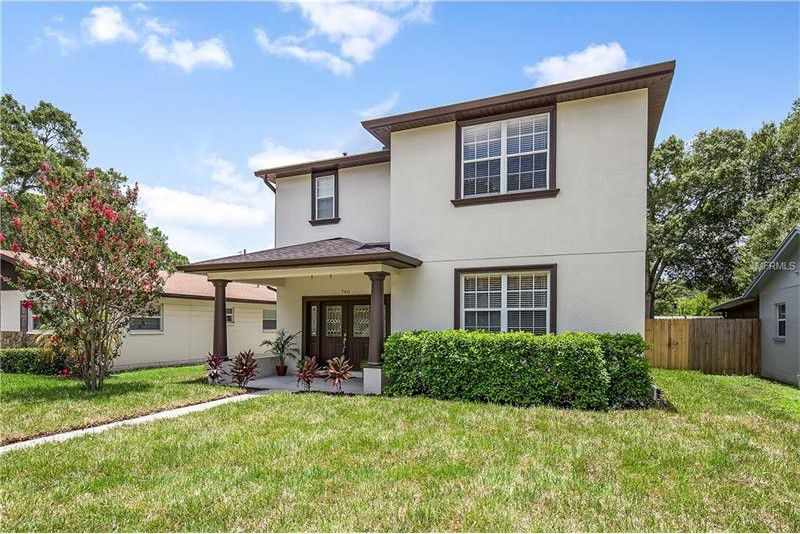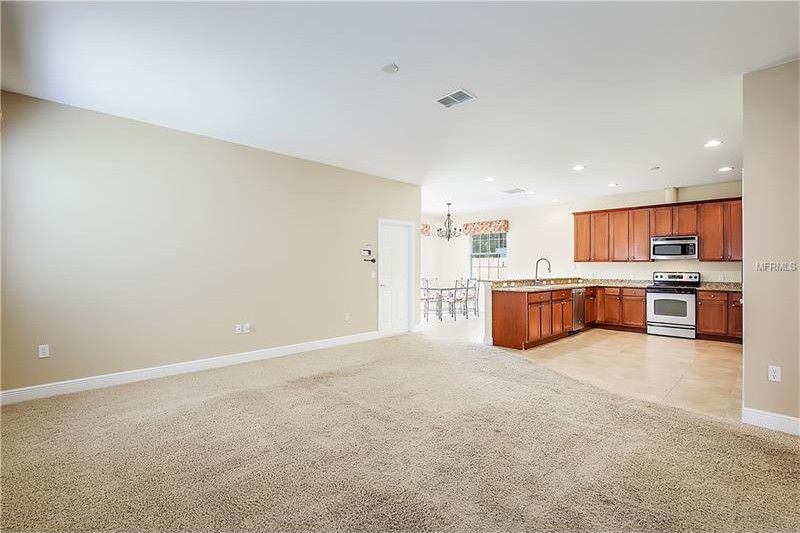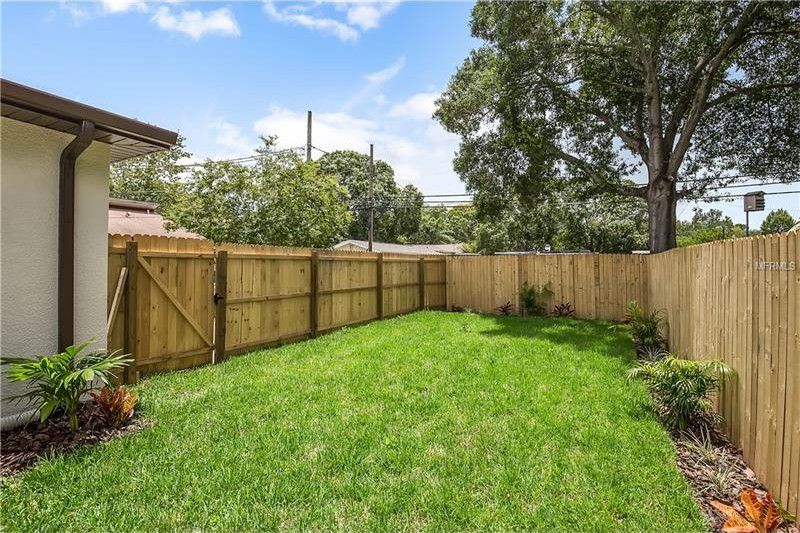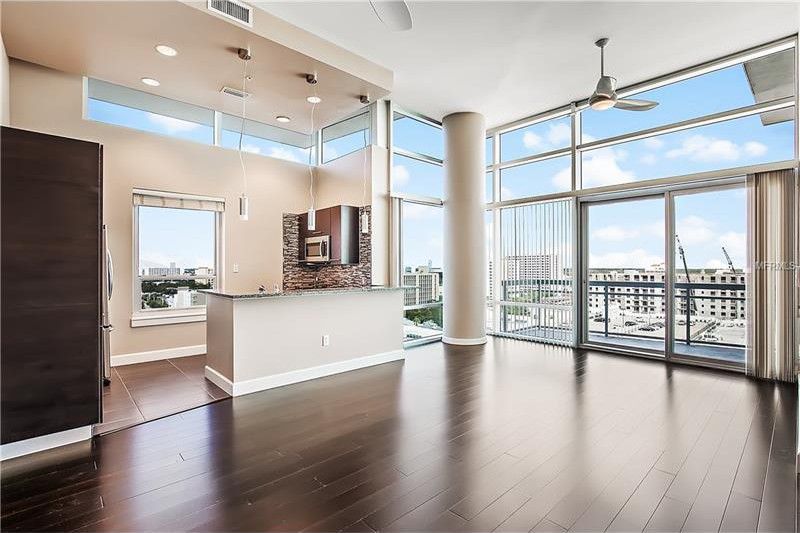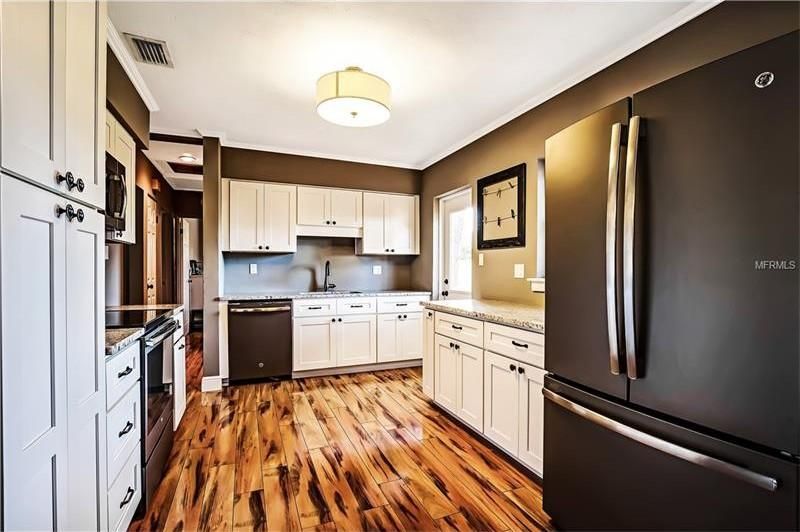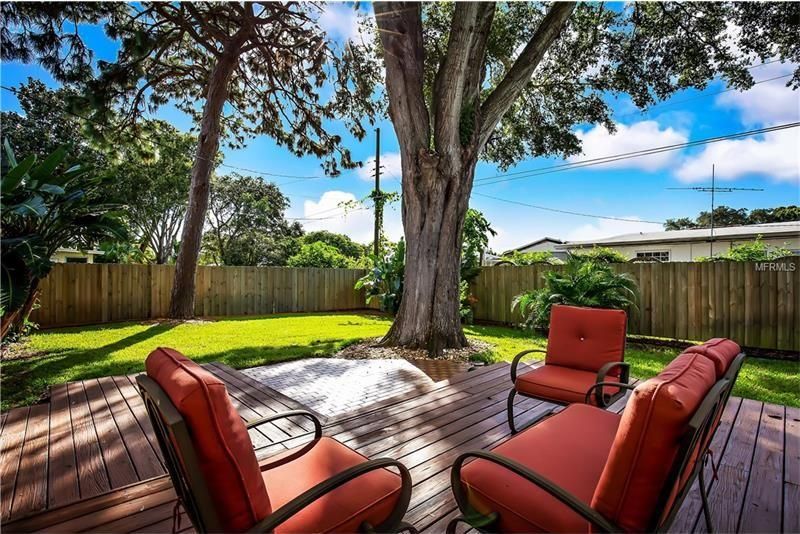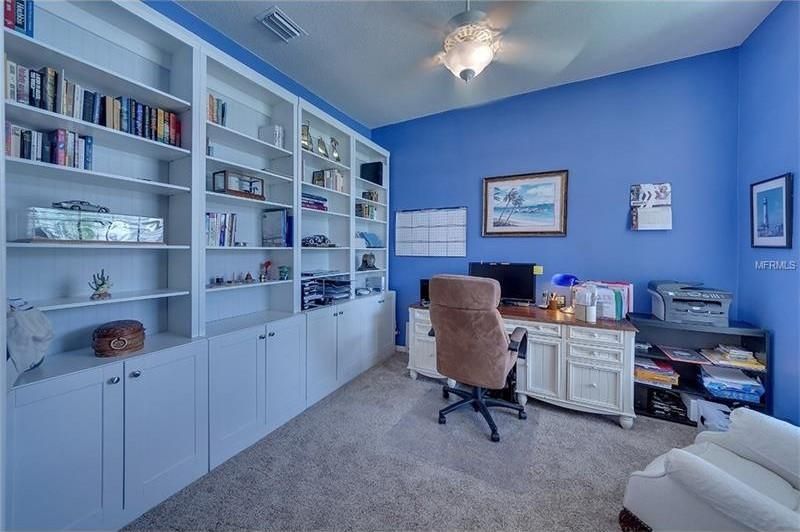Now that the whirlwind of the holidays has subsided, the beginning of the year is a perfect time to give yourself and your home an audit. A new year audit should provide you with a full picture of your financial standing and your home’s health, both of which are important as a homeowner. If you’re looking to enter the real estate market this year, an audit can benefit you as well; letting you know what needs improvement before you take the next step.

Your Budget
Take the time to review your income versus expenses each month. This will help you identify any trends in your expenses and help you budget accordingly for the next year. It allows shows you areas where you can reduce your spending. If you’ve paid off a debt this year, take that money and apply it to your next debt or roll it into your savings.
Your Goals
Take time to set goals for yourself this year. Do you want to sell or buy a home or save for a BIG vacation? Now is the time to decide what you’re going to work towards this year. Once you know what you want, you need to set up the plan for how you’ll reach your goal. If you’re looking to buy, work towards paying off debt, saving a down payment, and researching potential neighborhoods. If you’re aiming to sell your home this year, look around your home from an outsider’s perspective and make the necessary repairs and updates that will help you secure the best price for your property.
Your Insurance
Life is full of uncertainty. Take the time to review your homeowners (or renters) insurance policy as well as your life insurance policy. Make sure your property policy covers not only rebuilding costs but also injury and your personal possessions. Life insurance should cover at least six months’ worth of expenses for each adult in the home.
An audit doesn’t need to become a dreaded task. If you get into the habit of reviewing these items once a year and keep your records, you’ll better be able to predict your needs for future years.


